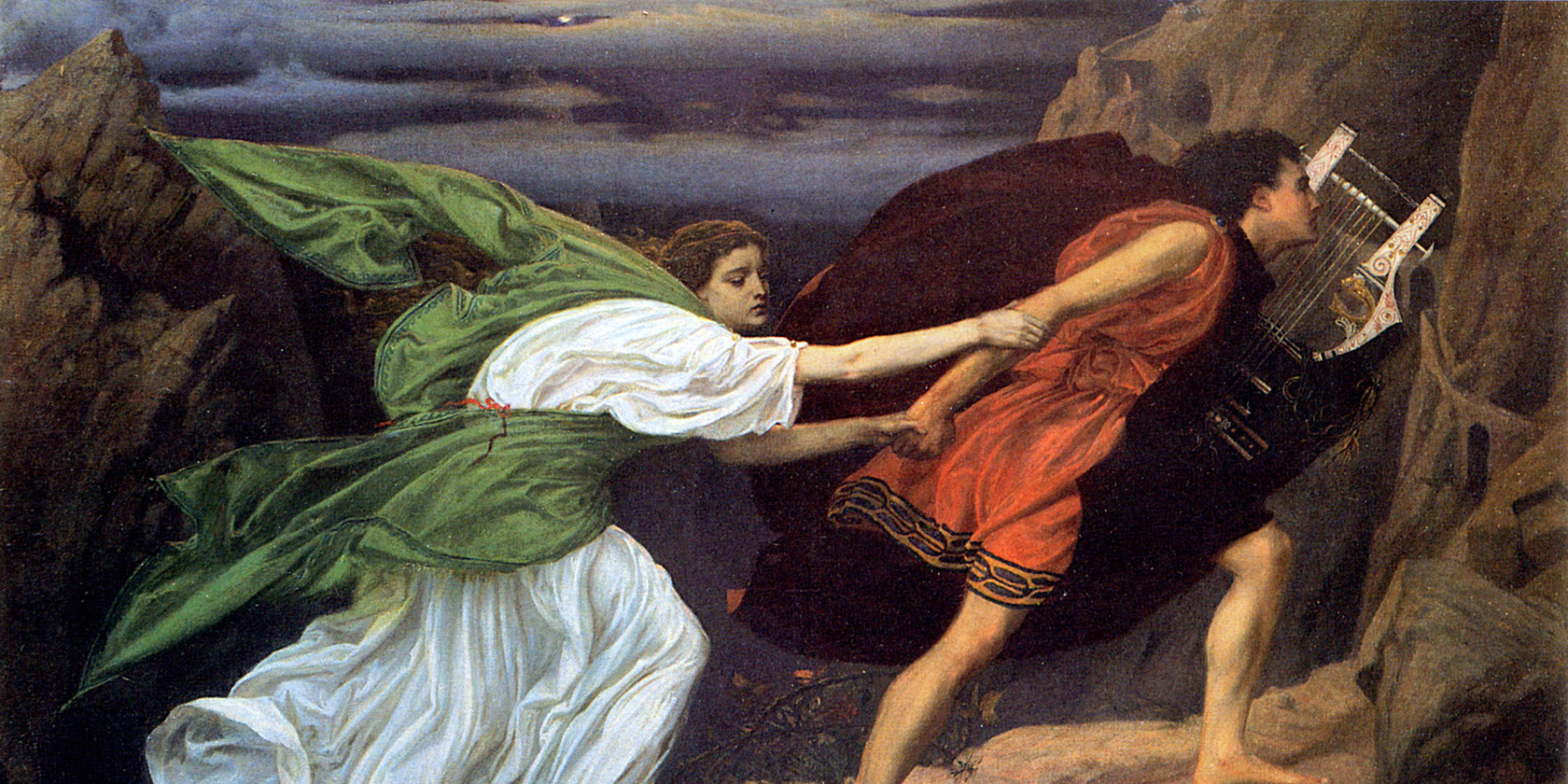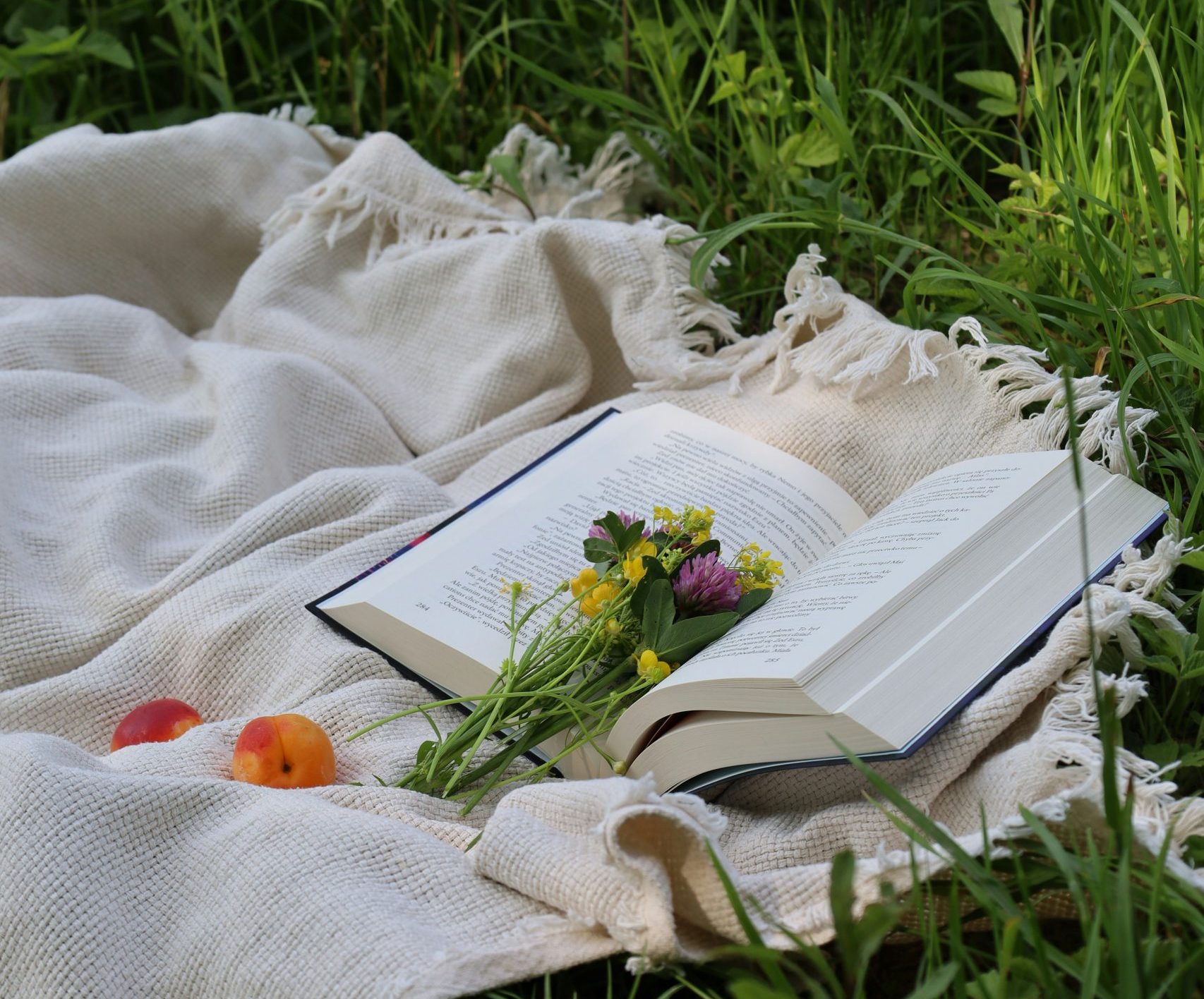In the summer of 2019, bestselling author Lauren Grodstein (A Friend of the Family) visited the Oneg Shabbat Archive in Poland, which houses diary entries and records documenting Jewish life under German occupation during World War II. As she read testimonies and reflected upon her own family’s departure from Poland, Grodstein found inspiration for her next novel, a stirring work of historical fiction that takes readers into the Nazis’ largest ghetto.
We Must Not Think of Ourselves tells the story of Adam Paskow, who is recruited by the Oneg Shabbat just months after being relocated to a shared apartment in Warsaw’s Jewish ghetto. Emanuel Ringelblum, the group’s leader, explains to Adam that his assignment is to record “all the details, even if they seem insignificant. I don’t want you to decide what’s significant. . . . Our task is to pay attention. To listen to the stories.”
So Adam begins to conduct interviews with his flatmates as well as with children from the English class he teaches. Acting as something of a Greek chorus, these voices vacillate between the mundane, the macabre and occasional moments of joy, demonstrating how the community doggedly clings to any semblance of normalcy. We come to see that, for Adam and all the Jews stripped of their rights and freedoms, it is an act of resistance to simply persist in the business of daily living and continue to enjoy simple pleasures wherever they may be found.
Adam also transcribes his own life story, musing not only on his increasingly bleak present reality but also his life before the war, when he worked at a prestigious school and was happily married until his wife’s tragic death. Though he believes the great love of his life is behind him, we witness Adam slowly form a romantic connection with Sala, a married mother with whom he now shares cramped living quarters. Their mutual attachment transforms their time in the ghetto into something more than survival.
As its plot advances, We Must Not Think of Ourselves is most concerned with exploring the internal lives of its characters and giving faces to the people who lived in the Warsaw Ghetto. By keeping the novel’s scope intimate and personal, Grodstein lets readers experience Adam and his compatriots’ loss and resilience in a visceral, rather than intellectual, way. Emotionally charged and meticulously researched, We Must Not Think of Ourselves pays homage to the Oneg Shabbat’s goal of honoring the Jewish people by bearing witness to the entirety of their experience. This is a compelling and compassionate tribute that will resonate deeply with readers.







